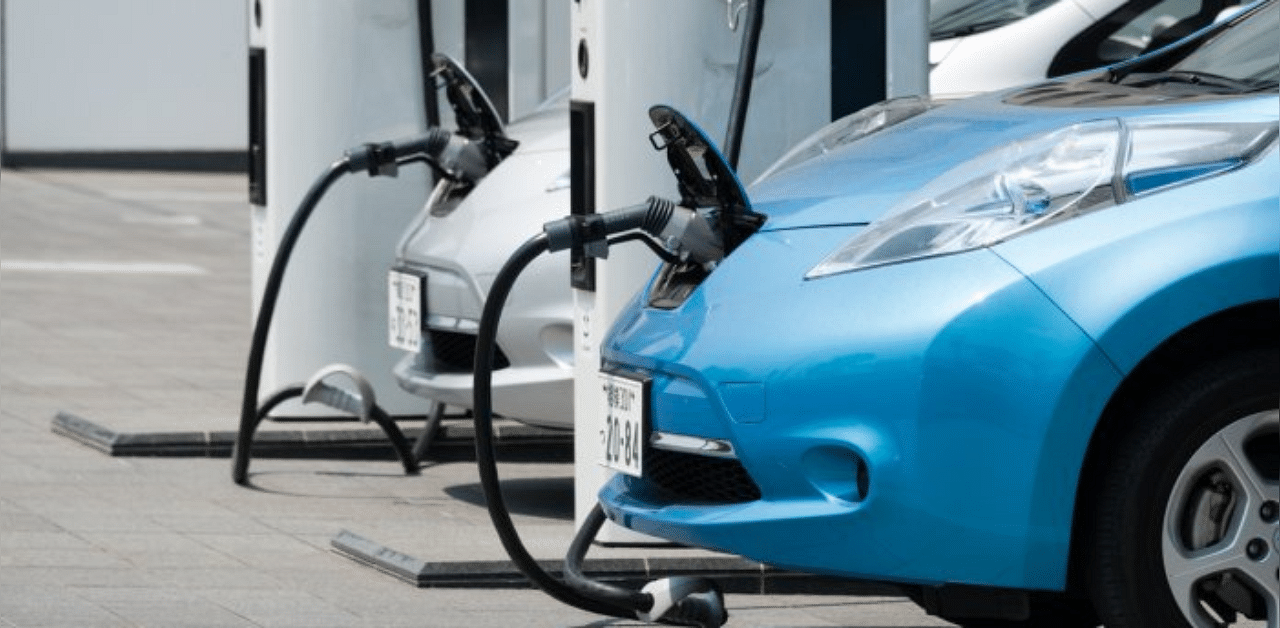
Only 4% of government incentives for electric vehicles (EVs) like cars, bikes and autos have been utilised, while two-thirds of the scheme’s intended duration elapsed in April 2021.
The World Business Council for Sustainable Development, a federation of over 200 companies, has recommended to the Indian government to liberalise the Faster Adoption and Manufacturing of Electric Vehicles (FAME) II scheme under which subsidy is given to various categories of vehicles.
The scheme seems to have channelised the resources more towards buses and charging systems while missing out on light vehicles, the report noted, adding: “This highlights the need to adapt the structure and duration of fund allocation.”
The report suggested extending the scheme beyond March 2022 and widening the scope to include more segments like private e-buses and corporate e-cars, battery-swapping technology, and the adoption of business models with significant tractions.
It said ambitious targets must be set either in terms of sales or phasing out internal combustion engines along with an implementation roadmap. Commercial fleet like employee transport, ride-hailing cabs and urban freight vehicles should be prioritised for EV adoption due to a larger deployment of vehicles and economic viability.
The state and central governments can coordinate to implement measures decreasing spending from the exchequer. Discounts in registration, toll and parking fee along with policy changes such as legalising e-taxis and relaxations to freight EVs are some of the options the government can explore, the report said.
The report said future policies should be aligned to electrification ambition, besides enabling a level playing field for the private sector in setting up infrastructure and land allocation.